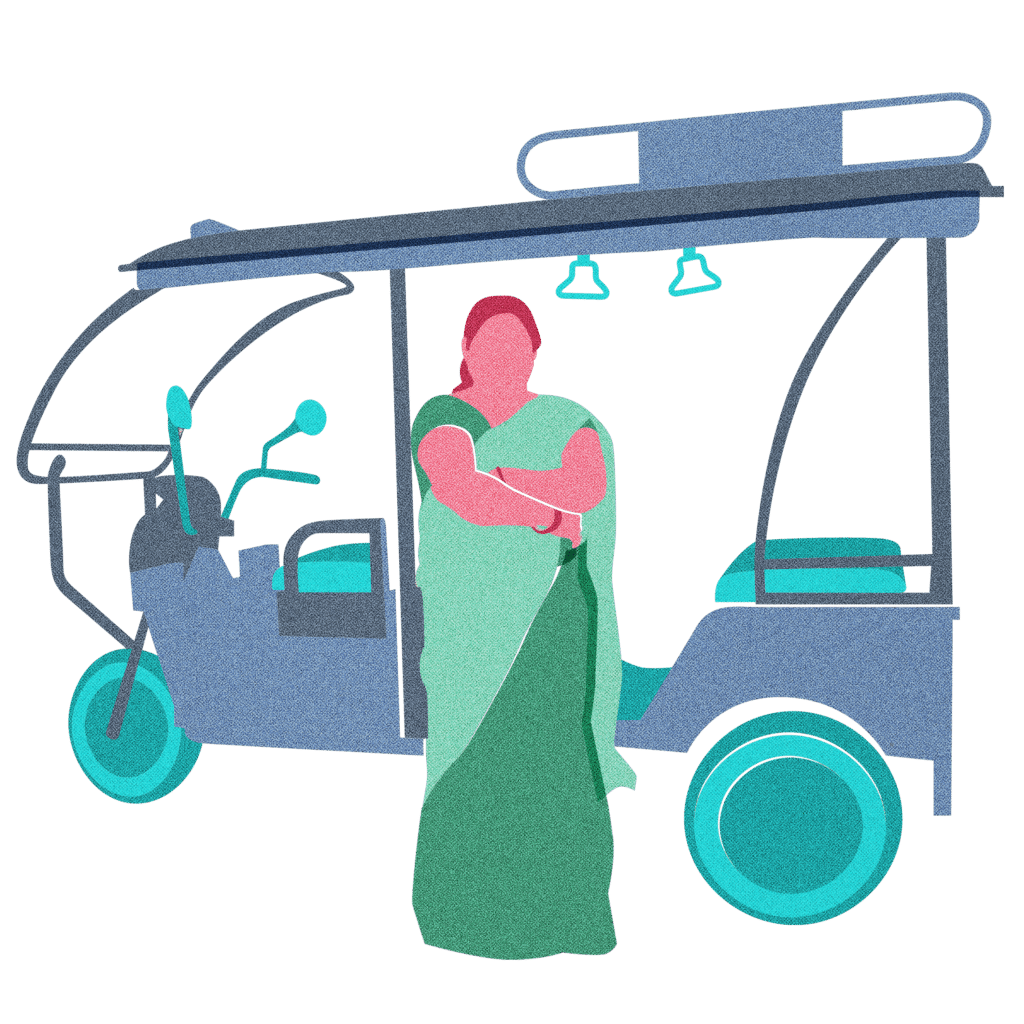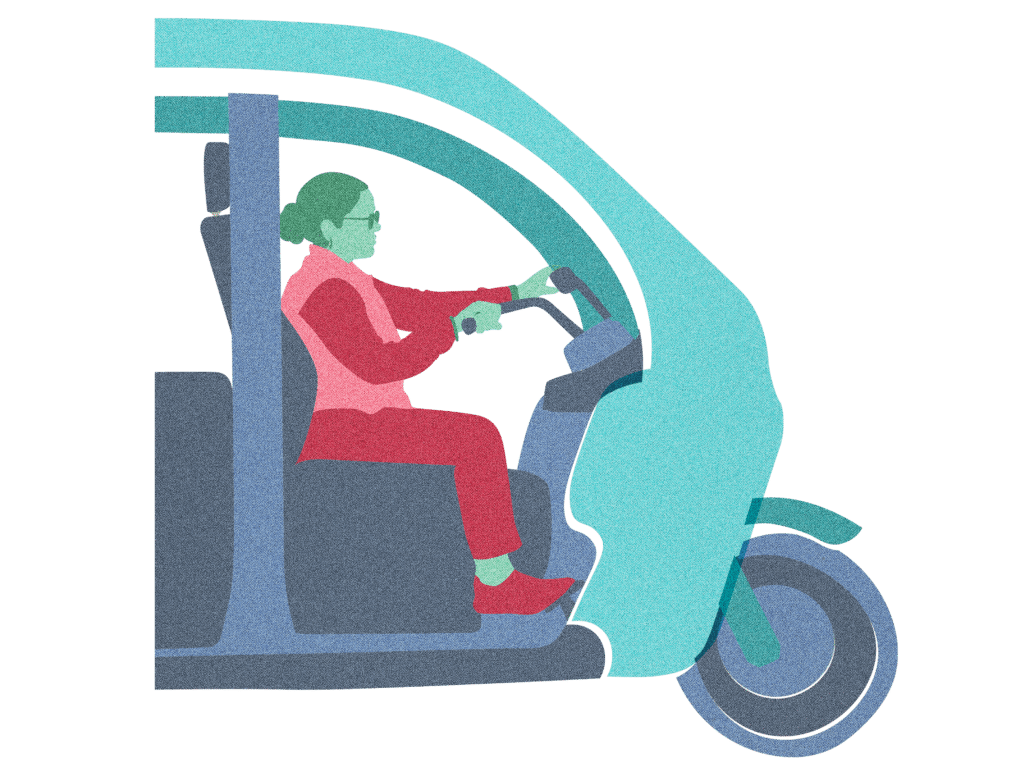Most social enterprises agree that sales, together with access to finance and distribution are the key issues they face, together with access to finance and talent. In this SF report we share the findings from our work with leading social enterprises to build sustainable rural value chains in the off-grid energy sector over the last two decades. We share this in the belief that innovation in the value chain will improve the viability of such businesses, drive down prices, raise investor interest and ultimately increase the availability of socially-beneficial products and services to customers in remote locations.In the report we look at options and opportunities in all areas of a social enterprise, and offer six key lessons:
- Lesson one: The main driver of uptake and long-term value is the customer relationship. Invest accordingly.
- Lesson two: The market is ready for specialist intermediaries. It is inefficient for organisations to re-invent the wheel.
- Lesson three: Existing logistics operations can be far more efficient. Major gains can be made through improved management discipline and the use of new software to reduce information asymmetry.
- Lesson four: Sales techniques and management will need to improve substantially if social enterprises are to appeal to mainstream, lower-income customers.
- Lesson five: Consumer education campaigns for social-impact products will only result in sales if they are product-neutral, run in partnership with enterprises and implemented by local organisations that have credibility with last mile customers.
- Lesson six: Serving lower-income customer groups and expanding to frontier markets will require new enablers to increase pay-as-you-go adoption and provide working capital to last mile distributors.
Download the report [pdf, 7mb)
















